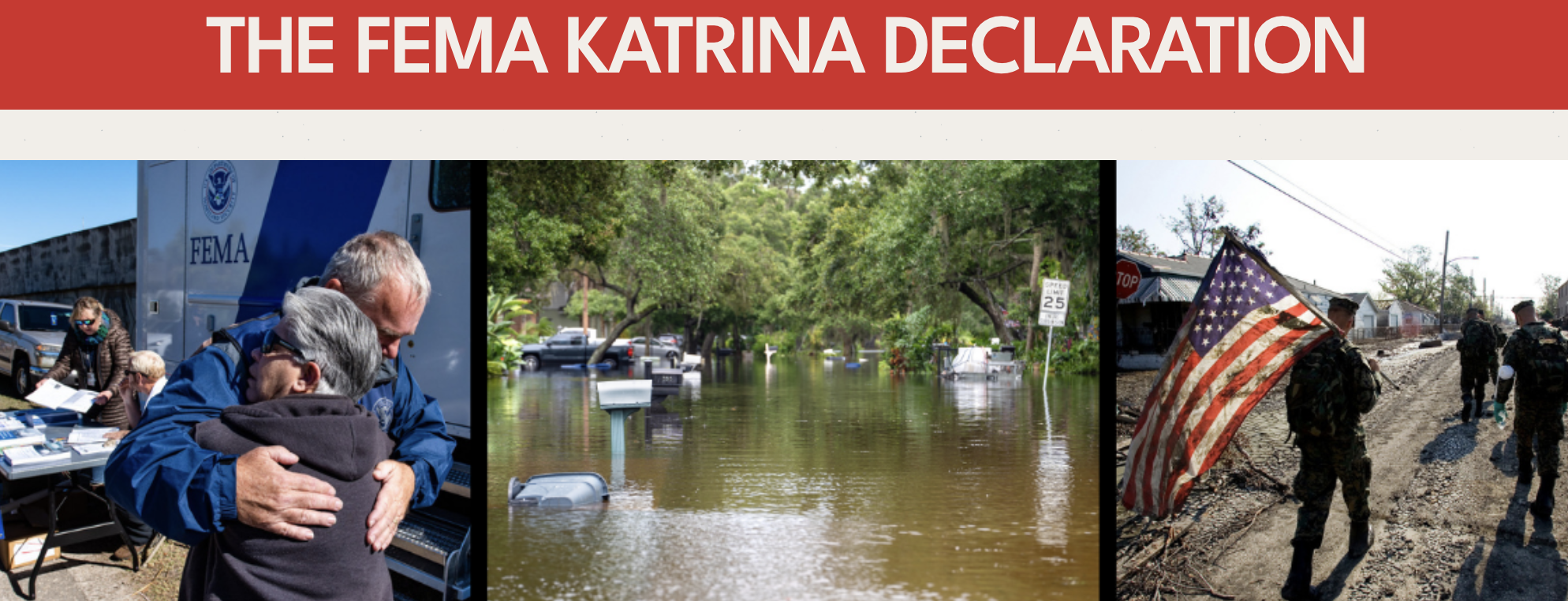The Committee on Rules will meet Tuesday, September 2, 2025 at 4:00 PM ET in H-313, The Capitol on the following emergency measure:
- H. Res. ____ – Directing the Committee on Oversight and Government Reform to continue its ongoing investigation into the possible mismanagement of the Federal government’s investigation of Mr. Jeffrey Epstein and Ms. Ghislaine Maxwell, and for other purposes.
The Committee on Rules will meet Tuesday, September 2, 2025 at 4:00 PM ET in H-313, The Capitol on the following measures:
- H.J. Res. 104 – Providing for congressional disapproval under chapter 8 of title 5, United States Code, of the rule submitted by the Bureau of Land Management relating to ‘‘Miles City Field Office Record of Decision and Approved Resource Management Plan Amendment’’. [Rule Markup Only]
- H.J. Res. 105 – Providing for congressional disapproval under chapter 8 of title 5, United States Code, of the rule submitted by the Bureau of Land Management relating to ‘‘North Dakota Field Office Record of Decision and Approved Resource Management Plan’’. [Rule Markup Only]
- H.J. Res. 106 – Providing for congressional disapproval under chapter 8 of title 5, United States Code, of the rule submitted by the Bureau of Land Management relating to ‘‘Central Yukon Record of Decision and Approved Resource Management Plan’’. [Rule Markup Only]
- H.R. 4553 – Energy and Water Development and Related Agencies Appropriations Act, 2026
09/02/2025 at 04:00PM


